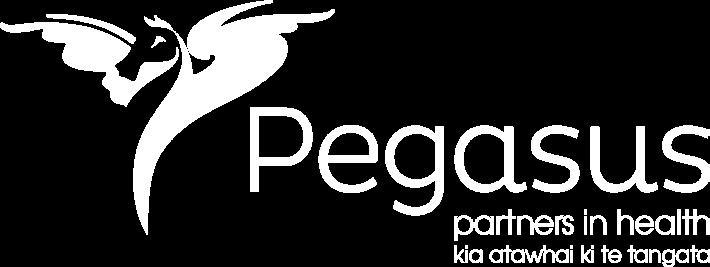PEGASUS 2025
Kia atawhai ki te tangata
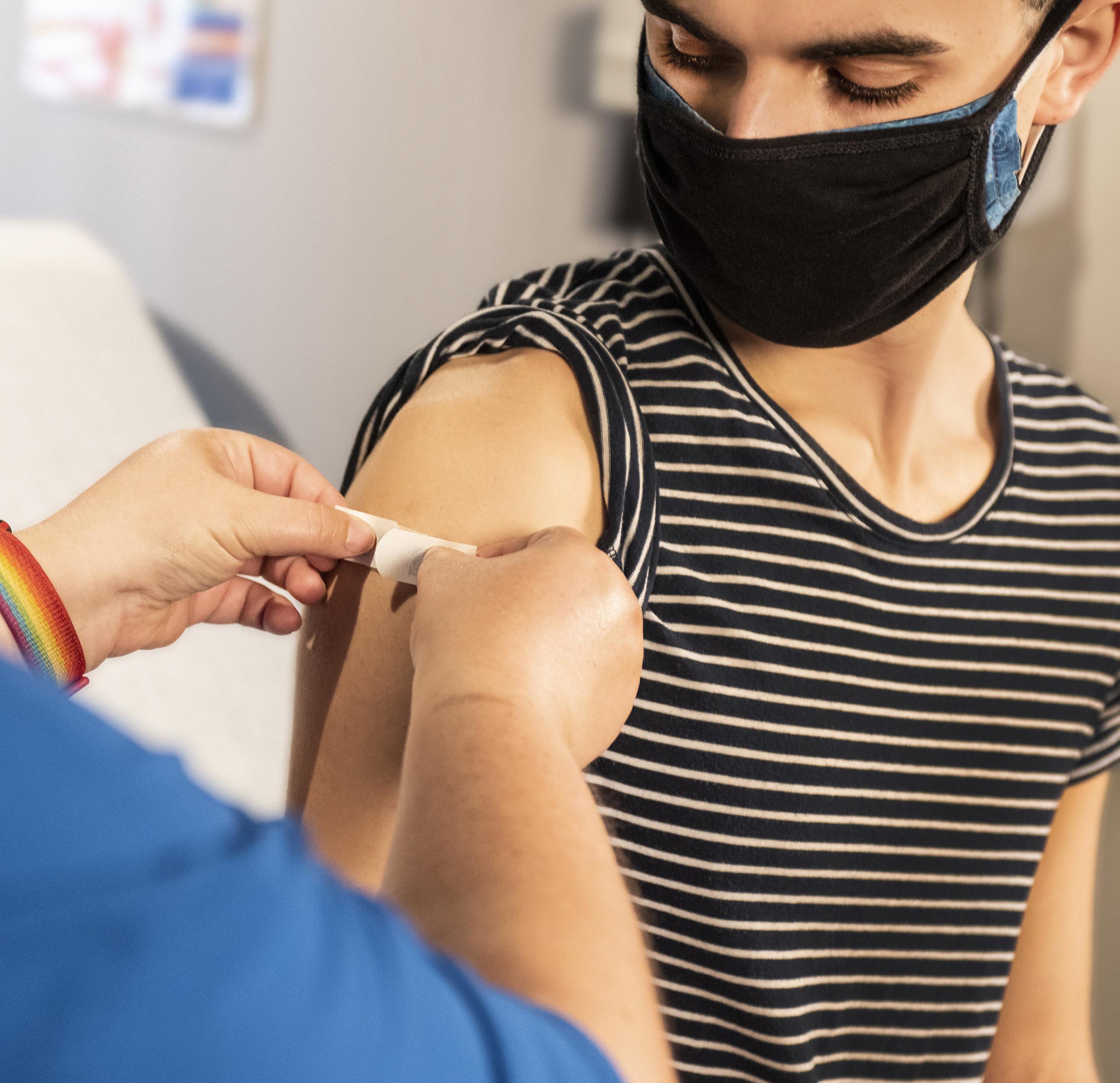
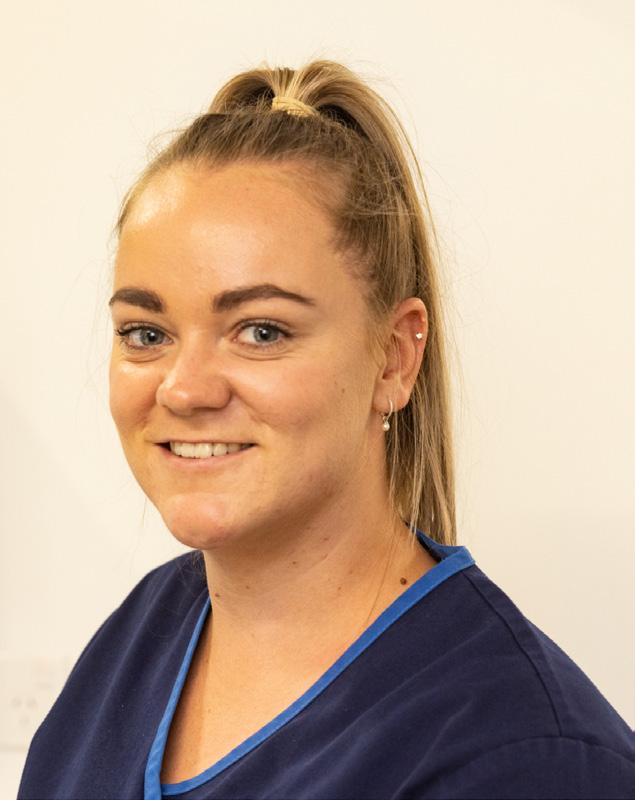

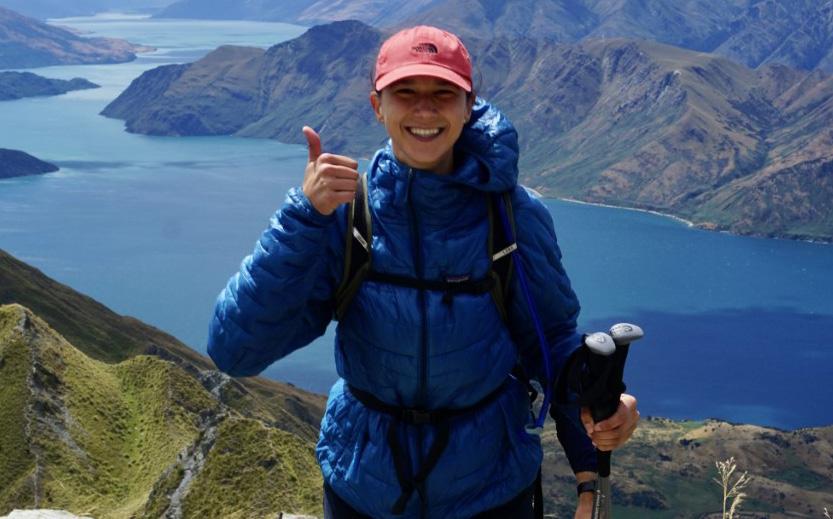
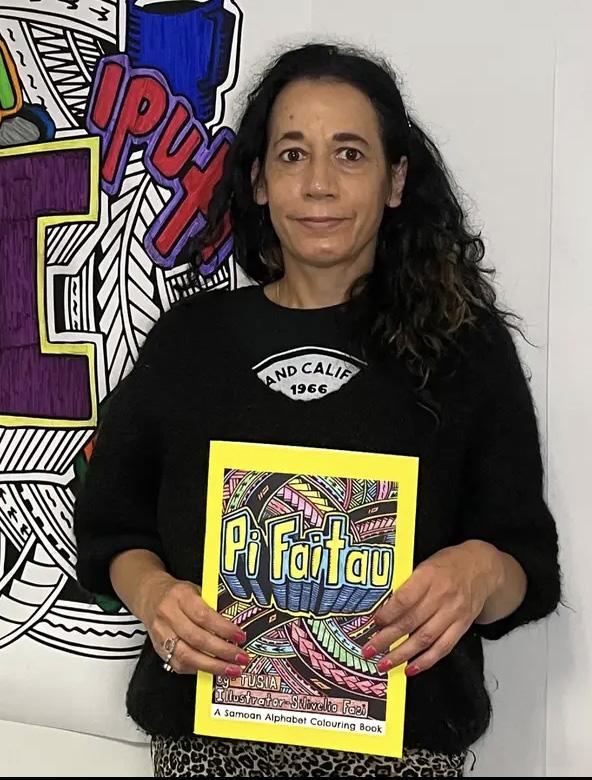
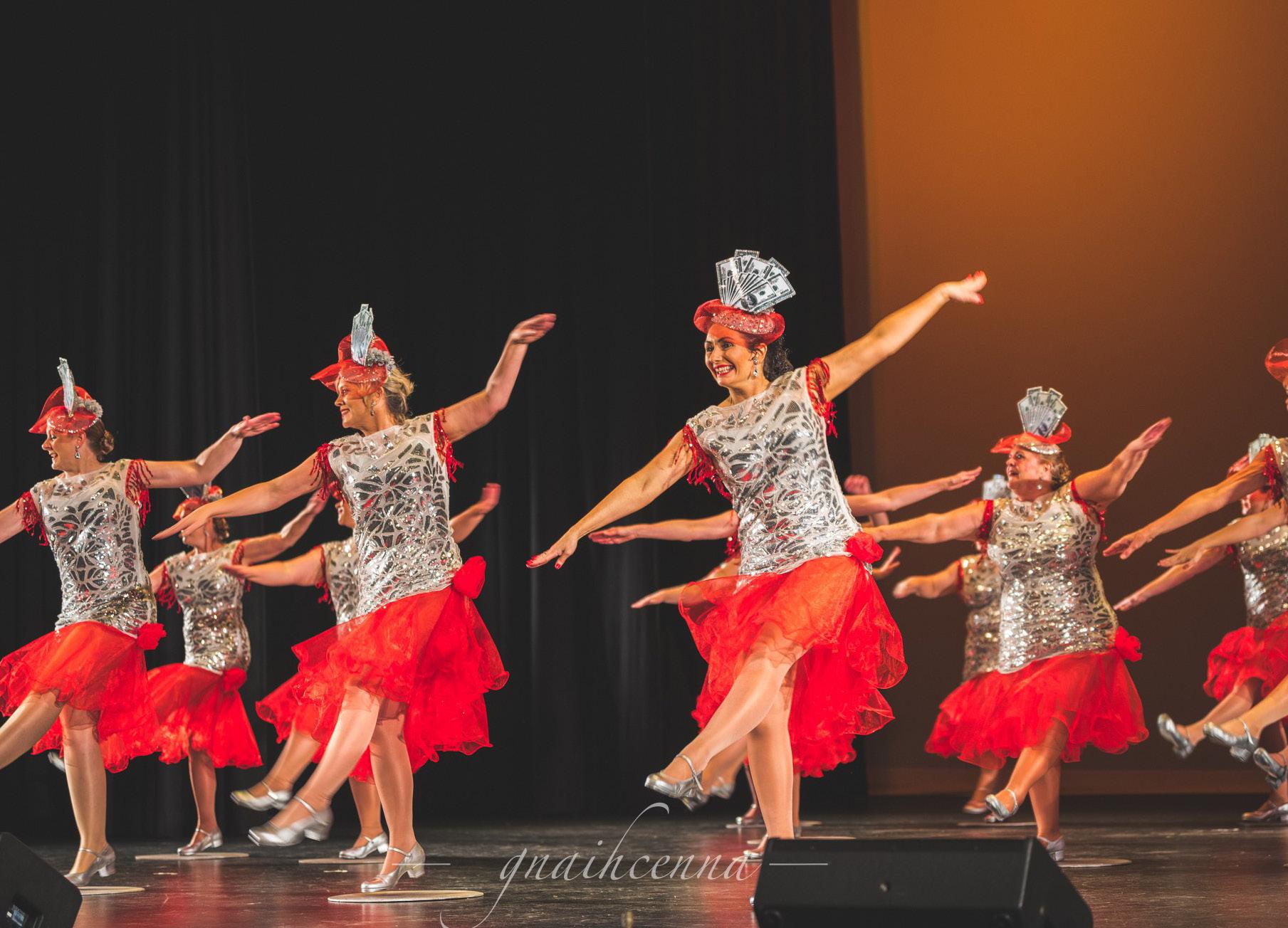
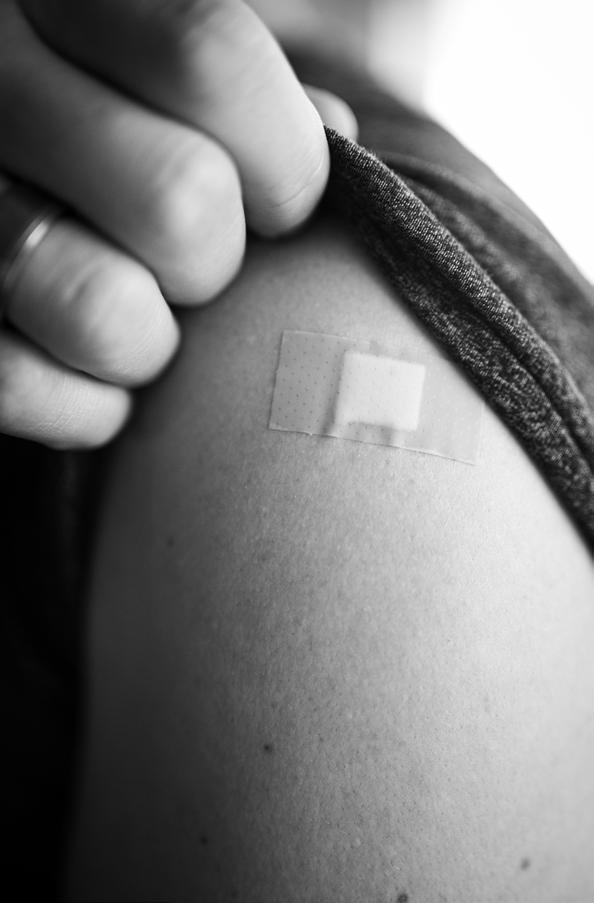









Tēnākoutou,
Iwanttostartbyacknowledgingtheuncertaintythatexistswithinthehealth systemcurrently.WiththeHealthReforms,changesatTeWhatuOraand theupcomingelections,thefutureisunclear.Primaryhealthcareisthekey pillarofthenewHealthReformsinrecognitionofourcriticalrolewithinour communities.
TheplanningandfundingteamsatTeWhatuOraarestillundergoingchange anddevelopment.Whatweknowisthatatacommissioningleveltherewillbe nationalandregionalteams.Thismeansthatsomecontractswillbenationally consistent,andthesewillbesupportedbyregionalcontractsthatallowusto bettermeetthespecificneedsofWaitaha.
PegasusHealthisacriticalpartofthehealthsystemandthisisbasedonour stronghistoryofdeliveringservices,therelationshipswe’vebuiltupovertime, andthevaluethatwedelivereverydaytoourcommunity,ourprovidersand ourpatients.
RecruitmentforournewCEOisproceedingwell.Wehaveconductedthefirst oftheinterviewsandwe’reexcitedbythelevelofexpertiseandpassionfor primaryhealththatthechosenshortlistbringtothetable.
Ngāmihinui,
LISA BRENNAN General Manager of Patient & Provider ServicesKo ngā pae tawhiti, whaia kia tata.
Ko ngā pae tata, whakamaua kia tina.
The potential for tomorrow depends on what we do today.
Childhood immunisations rates have reached their lowest point in 14 years and is impacting in our most vulnerable populations.
A report that was released last month by the Independent Immunisation Taskforce, commissioned by Te Whatu Ora, provided actions to help rapidly improve immunisation rates for tamariki and to achieve equity across all population groups.
“The Immunisation Taskforce report highlights the systemic complexity in Aotearoa’s immunisation approach. The work falls to primary care who are left to fend for themselves,” Chair of the Immunisation Taskforce Dr Owen Sinclair said.

He highlighted that the primary care workforce has faced increasing pressures over the past years. Placing the onus of national immunisation
rates on this, already burdened, workforce is not in the best interests of the country.
“We need more places where people can go to be immunised,” Dr Sinclair said.
Pegasus Health Immunisation Co-ordinator, Paula Bruce, agrees that the current approach is lacking.
“There is a lot of work being done in Waitaha to take immunisation out of the usual space and into the community, making it very whānau centric, involving Māori to treat Māori,” Paula said.
“Pharmacies are taking on a lot more in terms of adult immunisation, but there are still barriers because they can’t immunise children. Parents sometimes have difficulty getting their pēpē immunised on time due to the workforce shortages facing general practice and a lack of appointments,” Paula said.
The reported also noted the importance of hapū māmā (pregnant women) receiving and being educated about immunisation, with access to antenatal immunisations as a high priority.
“We know that a woman who gets vaccinated during pregnancy is more likely to get their child’s six-week immunisations on time. We are working closely with Te Whatu Ora to enable midwives and B4 School Check nurses to be able to deliver immunisations,” Paula said.
Paula invites practices who would like additional support with vaccinations to reach out to the Pegasus team.
“Nationally, we have had three babies pass away this year with whooping cough and measles is only a plane ride away. We are here to support primary care in any way they need it in the immunisation space,” Paula said.
Among his many hats, Dr Owen Sinclair is also an advisor to KidsHealth where he was instrumental in developing a new video that calls upon whānau to make sure that tamariki are immunised against measles.
“Measles has always been one of the proficient killers. It is extremely efficient and very contagious,” Dr Sinclair said.
Dr Sinclair referred to the 2019 measles outbreak in Samoa that saw 5,700 cases of measles and 83 deaths. In that event, a single case of the measles was transported to Samoa from Aotearoa and led to the country shutting down as it battled to curb the deadly spread of the disease.
“Immunisation rates in Aotearoa have fallen dramatically over the past five years and are at the lowest rate ever in our history,” Dr Sinclair said. “Within that, we see the lowest rates within our most vulnerable communities, including Māori and Pasifika.”
This video is designed to make the importance of getting vaccinated clear and gives friendly, easy to understand advice on what to do to ensure your tamariki are protected against measles.


“We are here to support primary care in any way they need it in the immunisation space”
This month we celebrated the incredible work of our family doctors by spending five minutes with two incredible general practitioners.
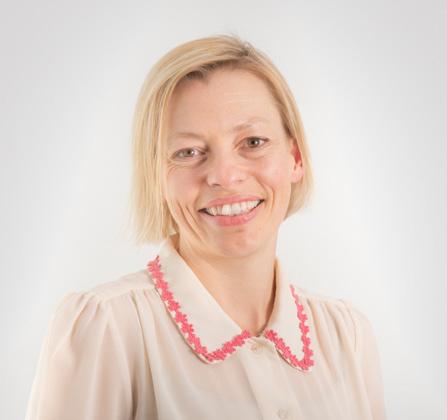
Dr Elizabeth Louden from St Martin’s Medical Practice has a passion for promoting holistic health which led her to organise the amazing Bloke’s Bash event. This event provided their male patients with a chance to explore a full range of health and wellbeing services.
Elizabeth has been in general practice for 14 years now and shared some of her highs and lows...
1. What’s the most rewarding thing about being a GP?
I believe being a GP is a real privilege and, for me, the best job in the world. The most rewarding aspect is connecting with people. I love the connection with my team members as well as colleagues in the wider health system. But most of all I enjoy
connecting with patients, hearing their stories, and supporting them with their health and wellbeing goals. The relationship I build with people over time is very special to me and I treasure it.
2. What’s been one of the big challenges with being a GP?
The biggest challenge about general practice right now is trying to provide the high standard of Primary Care I would like to within the current health model, which has not been adapted to meet the needs of the chronic and complex physical and mental health problems so many Tangata whaiora are facing.
3. Anything else you’d like to share?
A big shout out to my St Martins Medical Whanau! I am so fortunate to work with such authentic, caring and selfless people who share my passion for providing excellent Primary health care and having lots of fun along the way!
1. What inspired you to become a GP, and how did you get started in the field?
“That’s a funny question because as a child I used to faint every time I saw blood. “I’ll never be a doctor!” I said to my friends. Now, being a GP, I realise the variety of cases and the long-term relationship with patients are two key components that drew me to the speciality. And I can reassure you I’m immune to blood now.”
2. Can you describe a particularly rewarding experience you’ve had as a GP?
“As a GP every ‘little victory’ and grateful smile makes my day. If I were to share my most memorable experience, it would be after having seen 5 doctors for abdominal pain, a 9-year-old girl accompanied by her mother came to see me for advice. I quickly associated the pain with her limited diet which contained only chocolate mousse!”
3.What are some of the biggest challenges you face as a GP?
“I speak for all GPs across the world by saying high patient demand, staff shortages, and ‘doctor Google’.”
4.How has your role as a GP changed over the course of your career, and what do you see as the future of healthcare in our community?
“In my short career, it hasn’t changed that much yet. With an aging population and rise of chronic diseases we should focus more on prevention and collaborative care. With the increased workload I truly hope GP’s will not skip the time-consuming but valuable talk about lifestyle changes which can help patients with various aspects of health.”
5.What advice would you give to young people who are interested in becoming a GP?
“Always be curious and continue to learn. Go on adventures abroad and do volunteer work. This broadens your horizons, builds interesting connections, and is beneficial for personal growth.”
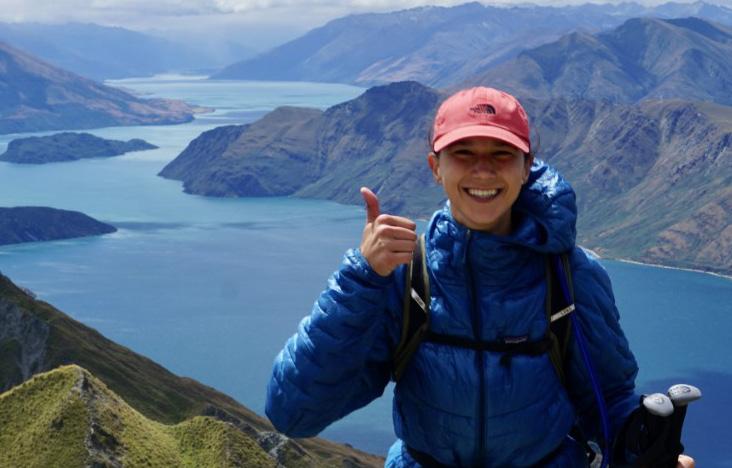
6. Lastly, what do you like to get up to in your spare time?
“I enjoy playing hockey and tramping so I believe I moved to the perfect country. I can’t get enough of the beautiful nature and the everchanging scenery.”
“I would like to give a shout-out to the team at Harewood Medical for all the hard work, dedication, and positive attitude. I feel lucky to have such great knowledgeable colleagues!”
‘Our Nurses, Our Future’ is central to Pegasus’s commitment to investing in the future of nursing in New Zealand. As a primary healthcare organisation (PHO), we place particular emphasis on supporting new graduate nurses as they begin their first year in primary healthcare.
In partnership with Te Whatu ora, we have welcomed 26 new graduate nurses, both Registered and Enrolled, to our new graduate programme led by Di Bos from the Pegasus Nursing Team. We believe that new graduate nurses are an essential part of our growth and succession plan for nursing in our PHO. They bring new ideas to practice and provide fresh enthusiasm and energy into the workplace.
This year, one of our graduate nurses, Isabel Neiman, has joined the Ilam Medical Centre team. Isabel chose Primary Care as her first preference because she enjoys the continuity of care that happens in general practice.

“I find it rewarding getting to know your patients and seeing their progress over time. You can really get to know and understand them and their families,” Isabel said.
If you are interested in supporting the future of nursing in New Zealand, consider employing a new graduate nurse through this programme. The next group of nurses will be available from mid-August 2023, just get in touch with nursing. team@pegasus.health.nz.

A new initiative to support Māori nurses across Waitaha is gaining momentum thanks to the efforts of Hayley Lotter (Muaūpoko), Nurse Educator at Pegasus Health. Nurses interested in being part of the tapuhi Māori rōpū met at Pegasus in late April to agree on a kaupapa for the group.
“The kaupapa is all about whakawhanaungatanga. To get to know who else is out there and to be there as a support and resource for each other,” Hayley said.
The number of Māori nurses working within the system is disproportionately lower than within the population. This is particularly true in primary heath.
Māori nurses from across the health
sector attended the hui, including nurses from Te Whatu Ora, Corrections, Ara, primary healthcare providers and non-government organisations (NGOs).
“To make nursing an attractive and safe space for Māori it needs to be culturally safe, it needs to be prioritised and it needs to be facilitated without barrier,” Hayley said.
The atmosphere within the group was one of excitement and momentum. By creating this peer group, Hayley believes that Māori nurses can take the shared mātauranga (knowledge) and whakaaweawetia (influence) back to their mahi and help facilitate change to make things better for Māori whānau.
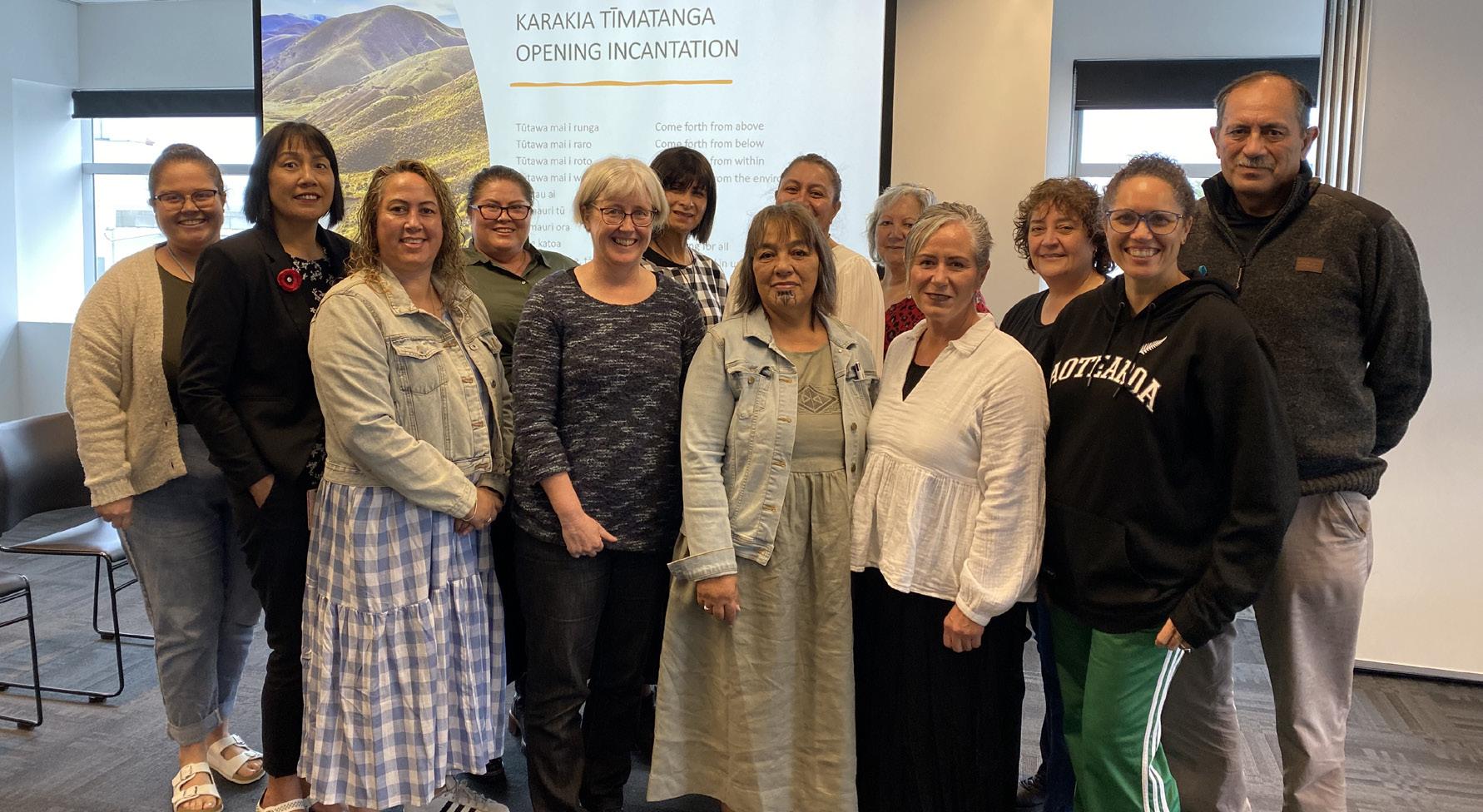
“With the changes to the health system, Te Tiriti o Waitangi needs to be foundational and that instead of ‘working towards’ equity we should prioritise equity in full measure,” Hayley said.

The Cambridge Clinic is a free, 24/7 service for anyone aged 13 years or older who has experienced sexual harm either recently or in the past. Cambridge Clinic is dedicated to helping survivors of sexual harm. The clinic provides a safe, nonjudgemental and confidential space for patients to seek help and regain control over their lives. They provide both medical care and emotional wellbeing support.
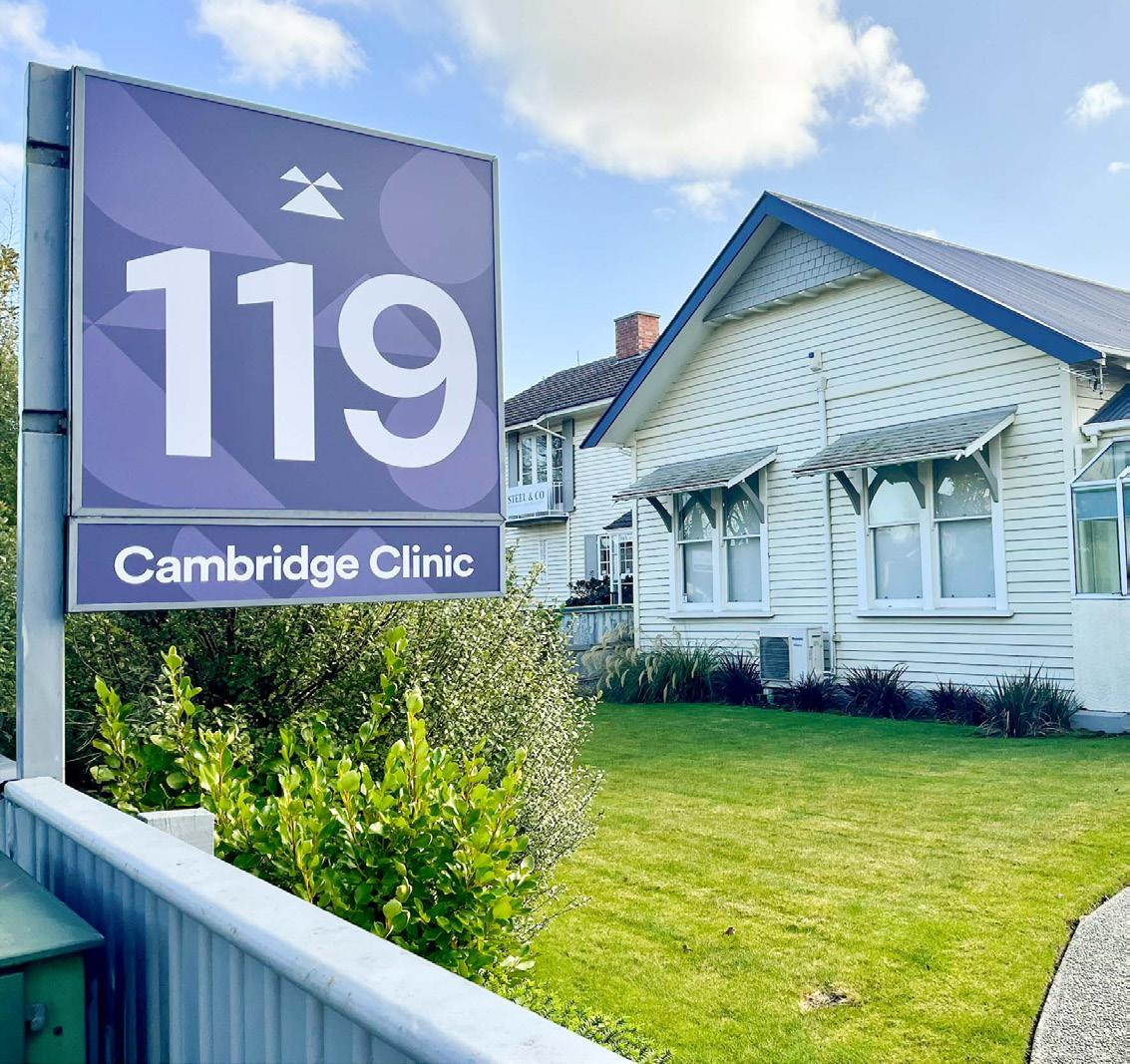
They can also offer forensic assessments, which involves the collection of forensic samples that may assist in a police investigation. This may be appropriate if the assault was less than 7 days ago and the patient either wants police involvement or is unsure about police involvement but wants to keep their options open. The clinic sees many patients who are unsure about whether they want the police involved, and the clinic can walk survivors through their choices without any pressure to involve police.
“Unfortunately, sex doesn’t always happen with consent. Sexual harm is a serious issue that affects many people in Aotearoa. Sexual assault doesn’t always occur in the way people expect and the majority of survivors of sexual harm have been assaulted by someone they know and the assault often doesn’t involve any form of physical violence. Sexual
harm commonly occurs when someone is unable to provide consent. This may be due a number of reasons, but is most commonly seen when someone is impaired by alcohol or drugs that may have voluntarily or involuntarily consumed,” said Jess Tucker, Clinical Director of Cambridge Clinic. Patients can refer themselves to the clinic, or referrals may be made by police, a healthcare provider or support services.
The clinic offers a holistic package of care to survivors that may include referrals to other organisations or professionals, such as social workers, ACC, AVIVA or mental health services, including the Pegasus Health Rongoā Kōrerorero Talking Therapy programme.
Cambridge Clinic is patient-led, and whilst the provision of some information back to a patient’s general practitioner (GP) is encouraged, this is only done with the survivor’s consent. Some patients prefer their GP not to know, and the clinic respects their wishes.
“People are often carrying a lot of weight over what happened to them, they often have concerns around whether they themselves are to blame in any way,” Jess said. “We just want to help lift that weight. We often see people walk out of here a lot lighter than when they arrived.”
The clinic’s mission is to give control back to survivors after sexual harm. “Even if they’re in doubt about whether they’ve been sexually assaulted, we can still see them and provide support,” Jesssaid.
If you or someone you know has experienced sexual harm, you can contact national hotline Safe to Talk on 0800 044 334 or text 4334, or visit the Cambridge Clinic website for more information.
The Samoan community in New Zealand has been facing challenges in keeping their language and culture alive. Many families are concerned about not being able to speak their native language and are looking for ways to preserve it. That is where the Pi Faitau colouring book comes in.

Pi Faitu was written by TUSIA collective, an indigenous language group created by publishing house Flying Geese. TUSIA aims to support indigenous languages across Aotearoa and invite communities to build their own collective bookshelf.
The book features the Samoan alphabet as colouring pages and is a wonderful tool to help children learn the language and keep it alive. Nurses who run B4 School checks, have ordered copies of the book and are giving them out to Pasifika children.

“The language brings elders and children together,” Karen Carpenter, Youth Residence and B4 School Check Registered Nurse, said. One grandmother shared that she gave Pi Faitau to her granddaughter to help her learn the language and keep it alive. She knows firsthand the importance of the Samoan language, as her mother lost it and felt embarrassed when she returned to Samoa and could not speak it.
The language is not only important for communication, but it also brings families and communities together. Many Samoan families have migrated to New Zealand, and not all parents and grandparents live there. The Pi Faitau colouring book is an excellent way to help educate children in their language.
Aotearoa New Zealand is celebrating World Smokefree May, a monthlong event leading up to World Smokefree Day on May 31st. The annual celebration aims to raise awareness of the smokefree kaupapa and contribute to the achievement of the Smokefree 2025 goal. This goal, established in 2011, aims to have less than 5% of New Zealanders smoking by 2025.
Pegasus Health is actively supporting the Smokefree 2025 goal and the recently passed Smokefree Environments and Regulated Products (Smoked Tobacco) Amendment Bill. The bill aims to reduce the availability, appeal, and addictiveness of smoked tobacco products, and create a smoke-free generation by amending the age limit for sale of smoked tobacco products.
“Tobacco products kill about 4,500 to 5,000 people every year. It is encouraging to see our Pegasus patients are smoking less. Over the past three years, we are especially encouraged to see a decline in smoking rates among our Māori and
Pasifika patients – from 28% to 20% and 19% to 14%, respectively. Patients switching from smoked tobacco to vaping are contributing to this decline,” Sue Aitken, Team Leader, Health Promotion Programmes said.
To achieve the Smokefree 2025 goal, the New Zealand government is implementing the Smokefree Aotearoa 2025 Action Plan. This plan includes changes to legislation, such as reducing the number of retailers able to sell smoked tobacco products from 6,000 to 600, reducing the amount of nicotine allowed in smoked tobacco products, and prohibiting the sale of smoked tobacco products to anyone born on or after January 1, 2009.

“We continue to show our support by promoting our positions on smoked tobacco and vaping, and being an active member of our local Smokefree Canterbury Coalition. We look forward to seeing the changes from the new legislation reflected in our Waitaha Canterbury community and across wider Aotearoa New Zealand,” Katie Brown, Population Health Specialist at Pegasus Health said.
Pegasus Health encourages individuals who want to stop smoking to contact Te Hā –Waitaha Smokefree Support at 0800 425 700 or smokefree@cdhb.health.nz.
CELEBRATING WORLD SMOKEFREE MAY AND THE PASSING OF NEW SMOKEFREE LEGISLATION
In a celebration of the creativity and incredible talent of local physicians, the New Zealand Association of Artist Doctors recently hosted their 2023 annual performance and exhibition at the Aurora Centre in Burnside. The event began with an exhibition of exquisite artistry and craftsmanship, showcasing beautiful paintings, photographs, quilts, woodwork, and sculptures for attendees to enjoy before the concert performance commenced.
With an air of collegiality and connection, over 200 people filled the Aurora Centre and were welcomed by bagpipers and waiata. The talented physicians demonstrated their exceptional abilities as singers, dancers, musicians, and comedians in a two-hour show.
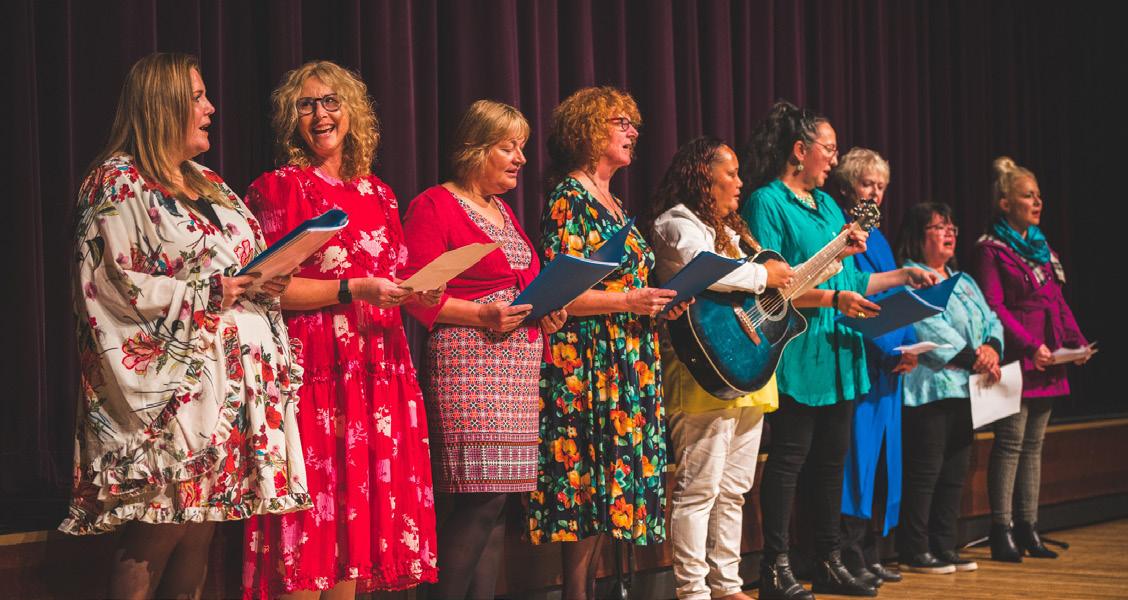

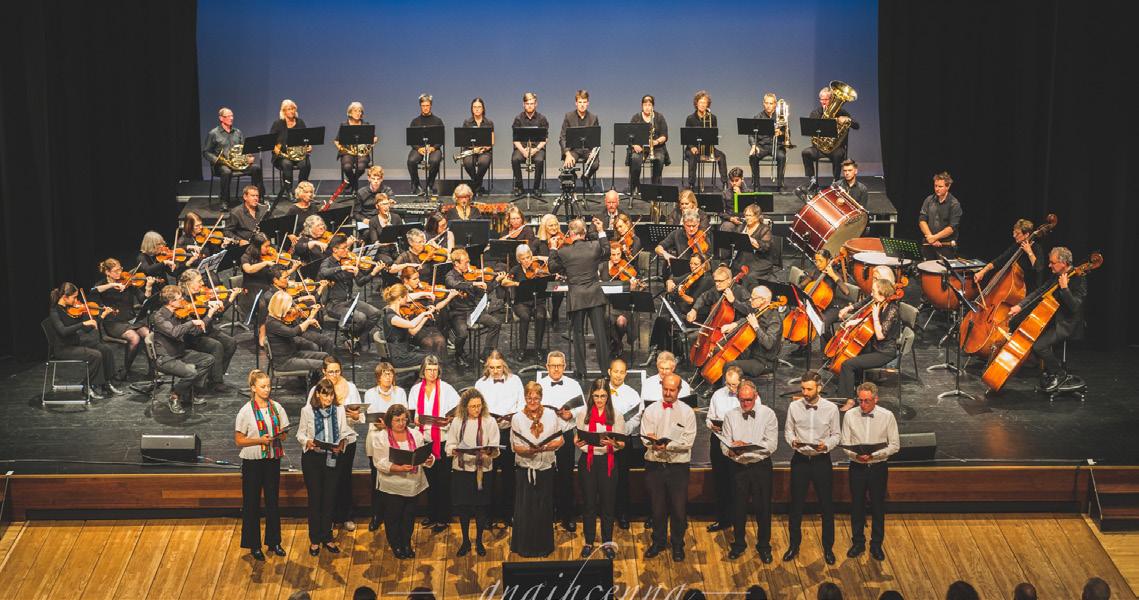

The event was a resounding success, proving that our doctors have hidden talents that extend beyond their white coats. The New Zealand Association of Artist Doctors showcased the diversity and creativity of physicians, while also providing an opportunity for attendees to appreciate the exceptional skills and talents of our local medical professionals.
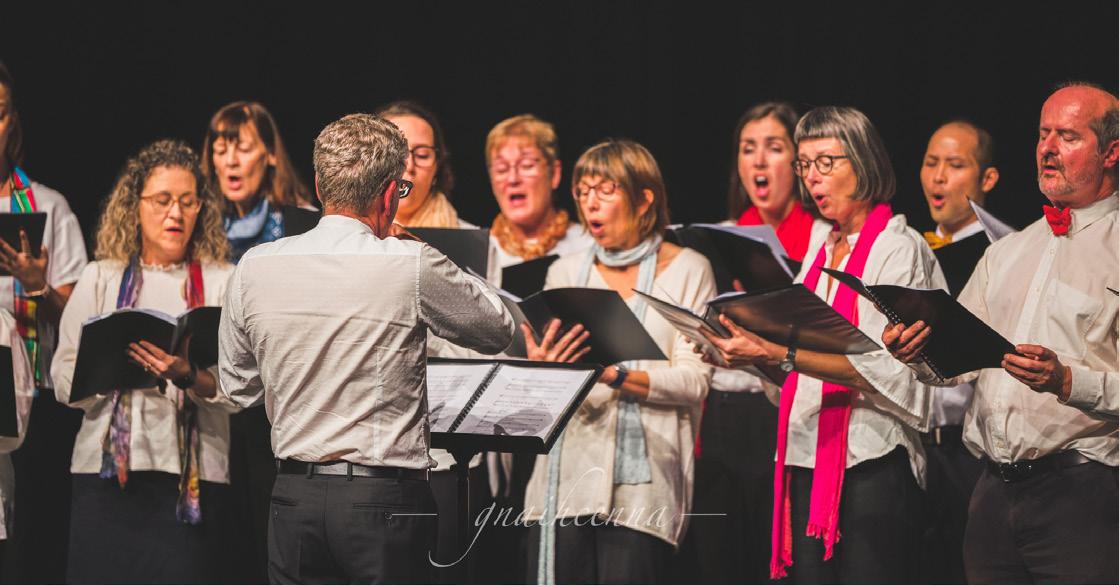

Practice Plus can now support your practice in-hours as well as out of hours. If you’re experiencing staff shortages or anticipate needing extra support to cover illness through winter, Practice Plus has a locum service that can provide you with additional daytime capacity. Initially the Practice Plus service focused on after hours telehealth service provision. With some partnered practices incredibly low on clinician capacity, we identified a demand for sessions to be designated to one practice only. Practices have been able to book sessions with a telehealth locum, in which the practice has exclusive access to that particular session’s booking template, and are able to book their enrolled population in.
For designated practice locums, the clinician is set up with access to the practices patient management system (PMS) allowing full access to patient history and notes. The Practice Plus locum will complete all referrals and request in our own PMS, which means the practice does not have to follow a lengthy set up process (e.g. no need to register a new doctor with Labs, ACC, BPAC etc). The practice pays Practice Plus per hour, and charges patients as they normally would through their own PMS. This service has been successful in helping multiple practices across the motu, including rural practices with low capacity, allowing a GP to enjoy some much-deserved leave, and also able to step in last minute to assist a practice with a bereavement. We continue to recruit clinicians to develop this service arm further; to be able to offer to more practices into our second year.
Pegasus 2025 is produced by the Communications Team at Pegasus Health (Charitable) Ltd. Content within Pegasus 2025 newsletters has been included with the approval of content providers therefore please contact us if you wish to reproduce or alter and transmit any of the information or images contained within. Contact communication@pegasus.org.nz
